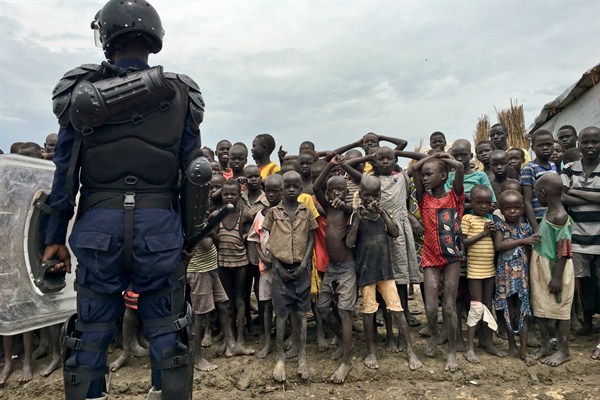There are few less fashionable phrases in international relations today than “nation building.” In the U.S. and Europe, politicians and generals are still struggling to put the ghosts of their interventions in Afghanistan and Iraq behind them. At the United Nations, international officials talk about promoting “resilience” or “sustaining peace” in volatile societies. Only a brave observer would make a full-fledged case for the need to build functional states, let alone “nations,” in the face of such widespread skepticism.
Michael von der Schulenburg is courageous enough to do that. The former U.N. official, who served in countries ranging from Afghanistan to Sierra Leone, has just published a book with the Clausewitzian title, “On Building Peace.”
The book is an extended plea for the U.N. to refocus on “rescuing the nation state” in war-torn countries. It offers an impassioned, merciless and deliberately provocative account of why big powers and international organizations failed to create stability in trouble spots like Iraq. Yet it argues that the lesson of these failures is not to ignore broken states, but to take a different approach to salvaging them.

